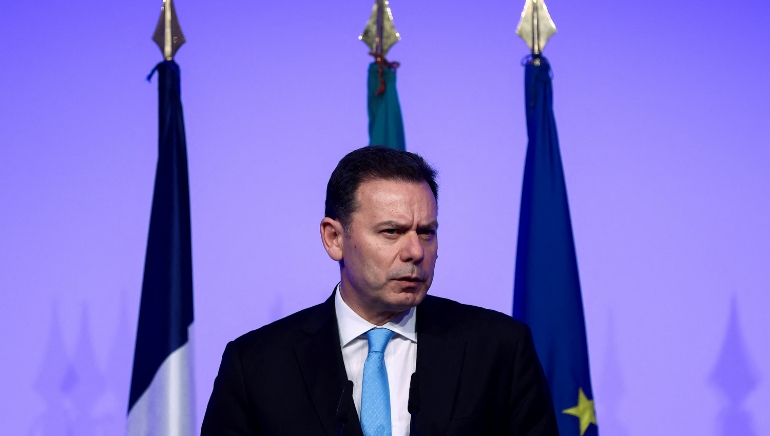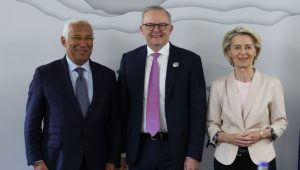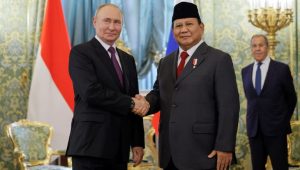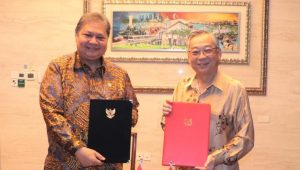Portugal’s newly elected centre-right government officially assumed office following the defeat of the Communist Party’s rejection motion in Parliament. Prime Minister Luis Montenegro’s Democratic Alliance (AD) coalition now controls a minority government after winning more seats in a snap election on May 18, but still falls short of a parliamentary majority.
The government’s legislative agenda includes a commitment to continue lowering taxes for middle-income residents and businesses, maintaining budget surpluses, and engaging in open discussions with the opposition on crucial matters such as immigration. The administration also intends to increase defence spending to 2% of GDP, under the NATO target.
The Communist Party, which has only three seats in the 230-member assembly, opposed the proposal, accusing the administration of going against workers’ interests and increasing military spending. Despite this, the motion was strongly defeated, with votes opposing it coming from the centre-left Socialist Party and the far-right Chega, the two strongest opposition blocs.
Montenegro retained key ministers from the previous administration to ensure continuity. He stated that sustaining political stability will necessitate collaboration from all parties during the four years period.















